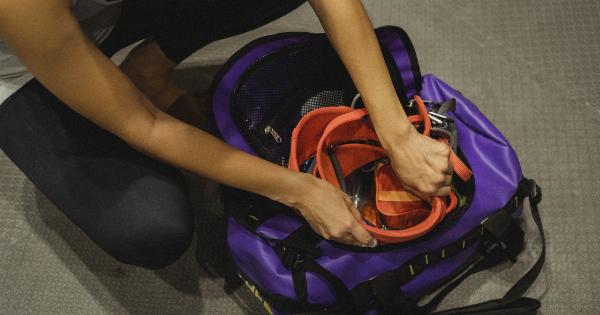Being pregnant is wonderful for many reasons. However, soaring temperatures in the summer months can leave expectant mothers feeling uncomfortable and exhausted. Pregnancy itself can cause an out-of-control internal thermostat.
Combine that with the summer’s high temperatures, and heat exhaustion and dehydration are serious concerns.
1. Stay hydrated
Staying hydrated is always important, but it’s even more critical when it’s hot outside. Drink plenty of water, juice, milk, or other fluids during the day to prevent dehydration.
Dehydration can lead to cramps, fatigue, and even pre-term labor.
2. Stay cool and out of the sun
All moms-to-be are advised to avoid direct sunlight exposure from 10 a.m. to 3 p.m., which is when the sun is at its strongest. The best place to be during these hours is in the shade or inside.
Enjoying indoor activities like book reading or craft making can be a great way to pass the time while staying cool at home.
3. Dress appropriately
Wearing the right types of clothing can help keep you comfortable. Dress in lightweight, breathable fabrics such as cotton, which permits air to flow around your body. Loose, flowy clothes can also keep you cool and comfortable in warmer temperatures.
4. Use Fans and ACs
Make use of fans and air conditioners to keep the air circulating and cool your living environment. Fans can be useful in circulating air through your home, and air conditioners can improve it dramatically.
Invest in an air conditioner if one isn’t already installed. Air conditioning can help you avoid heatstroke and sleep more comfortably.
5. Take a dip in the water
Swimming is still one of the most suitable low-impact exercises for pregnant women. Being immersed in water may help regulate your body temperature, making you feel more comfortable and refreshed.
6. Visit shady spots
The shady park is one of the nicest places to be in the summer. Being out in nature and under the canopy will assist you in beating the heat. It’s also a perfect reason to enjoy time outside with your friends and family.
7. Rest and Relax
Overheating can cause exhaustion and dehydration, so taking a break in the day can help you avoid the heat’s worst effects. When you take a break, stay cool and hydrated if it is hot outside.
8. Keep track of your body temperature
Pregnant women are more susceptible to heat exhaustion, which may cause serious health problems. If you’re concerned about your internal temperature, use a thermometer to keep track of it.
9. Eat the right foods
Make a list of foods rich in nutrients and vitamins that can keep you hydrated and refreshed during hot summers. Fresh fruits and vegetables with a high water content, such as watermelon, cucumbers, and oranges, are ideal snacks to keep on hand.
These foods can help you stay hydrated and provide you with a boost of energy in the summertime.
10. Seek Medical Advice
If you’re experiencing symptoms of overheating or dehydration, speak with your healthcare provider. Symptoms such as dizziness, nausea, dehydration, and heat exhaustion can be severe for pregnant women.
Speak to your healthcare provider if you feel sick or overheated when out in the heat.
Conclusion
Pregnancy is a unique and exciting experience, regardless of the season. However, summertime can put additional stress on pregnant moms.
That discomfort and exhaustion can be avoided by following the tips mentioned above, staying hydrated, staying cool, resting, and consuming the right foods. Finally, consult your healthcare provider about any issues or concerns you have. With a few straightforward practices, you can enjoy a comfortable and enjoyable summer pregnancy.






























